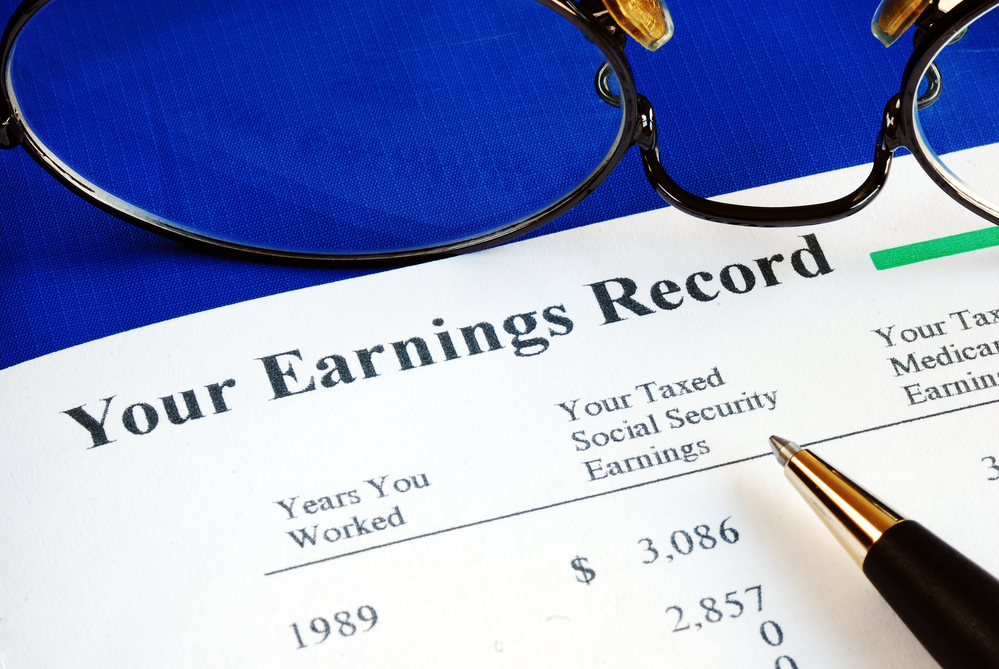Just How Accurate Is Your Social Security Benefit Estimate?
Each year the Social Security Administration (SSA) mails about 15 million benefit estimate Statements to persons age 60 or older who are not receiving Social Security benefits and do not have an online Social Security account. The Statement is also available online to individuals age 18 or older. Among other things, the Statement provides workers with their earnings record and a personalized estimate of their future Social Security retirement benefits. But just how accurate are those benefit estimates? A recent SSA briefing paper endeavors to answer that question. See “Analysis of Benefit Estimates Shown in the Social Security Statement,” SSA (Oct. 2020) [SSA Paper].

Social Security benefits are based on a worker’s lifetime earnings in Social Security-covered employment up to each year’s maximum taxable amount. Each year’s annual earnings are wage-indexed to the year the worker attained age 60 (2 years before the earliest Social Security eligibility age) to ensure the benefits reflect the general rise in the standard of living that occurs during a worker’s career. The highest 35 years of wage-indexed earnings are averaged to compute the worker’s Social Security benefit. However, because a worker’s lifetime earnings are unknown until the worker applies for Social Security benefits, the SSA estimates benefits for the Statement by projecting the worker’s future earnings until retirement.
The SSA uses the worker’s past earnings to project future earnings by assuming that the worker continues to earn the same amount as in the year prior to the year of Statement receipt. If there were no earnings in the prior year, the SSA assumes that future earnings are the same as the earnings in the year 2 years prior to the year of Statement receipt. If there were no earnings in both of the 2 years prior to the year of Statement receipt, the SSA assumes no future earnings.
So, the question again is whether the SSA’s benefit estimates are reasonably accurate when later compared to workers’ actual Social Security benefits. The answer depends.
The SSA Paper found that SSA benefit estimates were less accurate for younger workers than for older worker closer to retirement age, for women than men, for lower-wage workers than higher-wage workers, and for persons with zero earnings in the 2 years prior to the Statement who were projected to have no future earnings. The SSA Paper suggests these disparities in the accuracy of the benefit estimates are largely tied to the SSA’s formula for projecting future earnings. For example, it might be unrealistic to assume that a worker under the age of 50 will have no future earnings simply because the worker had 2 years of no earnings before receipt of the Statement.
The SSA Paper evaluates several alternative methods for projecting future income and compares the benefit estimates under those methods with workers’ actual Social Security benefits. The Paper found that the SSA’s current method for projecting future income and estimating benefits performed “as well as or better than any of the other methods tested.” While the Paper opines that a combination of income-projection methods might improve the accuracy of the benefit estimates for certain subgroups of workers, it concludes that the extent of possible improvement is insufficient to recommend replacing the current income-projection method. The Paper adds that it might also be difficult to explain to the public how future earnings are projected under those other more complex income-projection methods.
Bottom line: If you are an older worker (i.e., at least age 60), the SSA’s benefit estimate is likely to be reasonably accurate, and this is all the more true if you are male.
[Want to read more pension posts by pension lawyer Eva Cantarella? Go to Eva’s Pension Justice 4 You Facebook page. To receive automatic notifications of new pension/retirement Posts on that page, please click the Like and Following tabs just below the picture at the top of the page. Need pension assistance? Call Eva at 248-335-5000 or email her at [email protected] or at [email protected]]